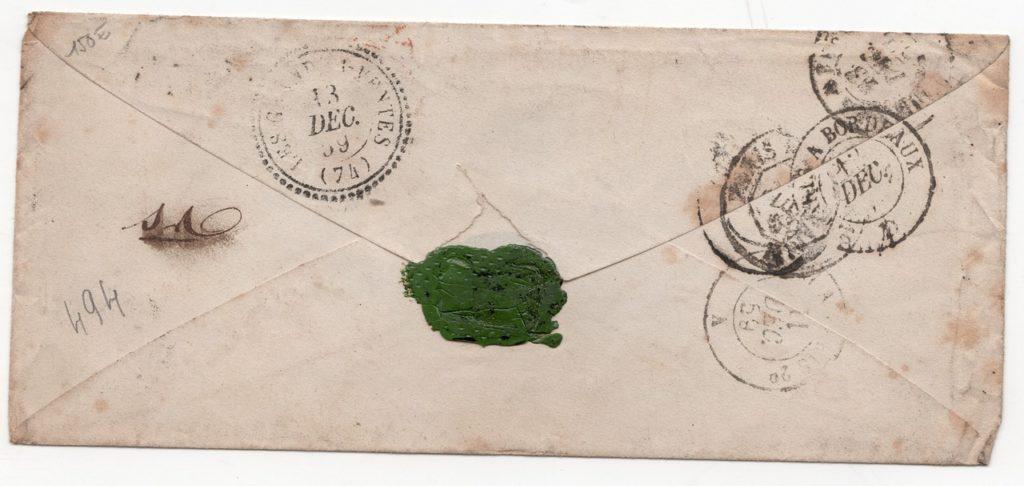Crafting a query letter is an essential skill for writers seeking representation in the publishing industry. A query letter serves as a writer’s introduction to literary agents, and it is their first opportunity to make a strong impression. In this post, we will explore the importance of a well-crafted query letter and provide tips and examples to help writers create their own compelling letters.
Key Takeaways
- A strong query letter is crucial for getting your work noticed by literary agents and publishers.
- Researching agents and personalizing your query can increase your chances of success.
- An attention-grabbing opening and compelling synopsis are key components of a successful query letter.
- Showcasing your writing skills and highlighting your credentials and platform can also help your query stand out.
- Avoid common mistakes such as being too vague or including irrelevant information in your query letter.
Why a Strong Query Letter is Important
A strong query letter is crucial in the publishing industry because it is often the only chance a writer has to capture the attention of literary agents. Agents receive hundreds, if not thousands, of queries each year, and they have limited time to review each one. A well-written query letter can help writers stand out from the competition and increase their chances of securing representation.
A strong query letter demonstrates a writer’s professionalism, writing skills, and understanding of the market. It should provide a concise summary of the work, showcase the writer’s unique voice and style, and highlight any relevant credentials or platform. By crafting a compelling query letter, writers can pique an agent’s interest and entice them to request more material.
Researching Agents and Personalizing Your Query
Before sending out query letters, it is important for writers to research literary agents and find the right fit for their work. Each agent has specific preferences and areas of expertise, so it is crucial to target agents who represent the genre or category of your manuscript. This research can be done through online resources such as literary agency websites, industry directories, and social media platforms.
Personalizing your query letter to each agent is also essential. Agents receive generic queries all the time, so taking the time to address them by name and mention why you specifically chose to query them can make a significant difference. This personal touch shows that you have done your homework and are genuinely interested in working with that particular agent.
Tips for Writing an Attention-Grabbing Opening
| Tips for Writing an Attention-Grabbing Opening |
|---|
| 1. Start with a question or a thought-provoking statement |
| 2. Use a statistic or a surprising fact |
| 3. Share a personal anecdote or experience |
| 4. Use humor or wit to engage the reader |
| 5. Create a sense of urgency or importance |
| 6. Use sensory language to paint a vivid picture |
| 7. Keep it concise and to the point |
The opening lines of a query letter are crucial in grabbing an agent’s attention. It is important to start with a strong hook that immediately engages the reader and makes them want to continue reading. One effective way to do this is by starting with a compelling question or a provocative statement that relates to your story.
For example, “What if you discovered that the person you love most in the world is not who they appear to be?” or “In a world where magic is forbidden, one young girl holds the key to saving her kingdom.” These opening lines create intrigue and make the agent curious to learn more about the story.
Crafting a Compelling Synopsis of Your Work
The synopsis of your work is a crucial part of the query letter, as it provides agents with a concise summary of your story. It should highlight the unique aspects of your work and showcase what makes it stand out from others in its genre. The synopsis should be clear, concise, and compelling, giving agents a taste of what they can expect from your manuscript.
To craft a compelling synopsis, focus on the main plot points and central conflict of your story. Avoid getting bogged down in unnecessary details or subplots. Instead, emphasize the stakes and emotional journey of your protagonist. Show agents why your story is worth their time and investment.
Showcasing Your Writing Skills in the Query Letter

A query letter is not only an opportunity to showcase your story but also your writing skills. Agents want to see that you have a strong command of language, an engaging writing style, and the ability to hook readers from the very beginning. Use descriptive language and vivid imagery to bring your story to life in the query letter.
Additionally, pay attention to the tone of your query letter. It should match the tone of your manuscript and give agents a sense of your unique voice as a writer. Whether your story is humorous, suspenseful, or heartfelt, make sure your query letter reflects that tone.
Highlighting Your Credentials and Platform
While the quality of your writing is the most important factor in securing representation, agents also want to know about your credentials and platform. If you have any relevant writing experience, such as published works or awards, be sure to mention them in your query letter. This shows agents that you are serious about your craft and have a track record of success.
In addition to credentials, agents are also interested in a writer’s platform. This includes any online presence or social media following that can help promote their work. If you have a significant following on platforms such as Twitter, Instagram, or a blog, be sure to mention it in your query letter. This can demonstrate to agents that you have an existing audience and can help market your book.
Common Mistakes to Avoid in Query Letters
There are several common mistakes that writers make in query letters that can hinder their chances of success. One common mistake is being too vague or generic in the description of their work. Agents want to know what makes your story unique and why it stands out from others in its genre.
Another mistake is including too much unnecessary information or going off on tangents. Keep your query letter focused and concise, highlighting the most important aspects of your story and your writing credentials.
Lastly, it is important to proofread and edit your query letter carefully. Typos, grammatical errors, and sloppy writing can give agents a negative impression of your work. Take the time to polish your query letter and ensure it is error-free before sending it out.
Follow-Up and Next Steps: What to Expect After Submitting Your Query
After submitting your query letter, it is important to be patient and realistic about the response time. Agents receive a high volume of queries and it can take several weeks or even months to hear back. It is generally not recommended to follow up on your query unless the agent specifically requests it.
If an agent is interested in your work, they will typically request additional materials such as a partial or full manuscript. If an agent rejects your query, it is important to remember that rejection is a normal part of the process and does not necessarily reflect the quality of your work. Keep refining your query letter and submitting to other agents until you find the right fit.
Crafting a strong query letter is essential for writers seeking representation in the publishing industry. By researching agents, personalizing your query, writing an attention-grabbing opening, crafting a compelling synopsis, showcasing your writing skills, highlighting your credentials and platform, avoiding common mistakes, studying successful examples, and following up appropriately, you can increase your chances of securing representation. Put these tips into practice and take the time to craft a well-crafted query letter that will make agents take notice of your work.

